The massive news gathering operation put in place by the BBC in Ukraine on March 10 2022, including four journalists in the capital, one in Poltava and two in Lviv, is integrated and supported by journalists in different teams dedicated to the selection, verification and fact-checking of what emerges from social media, in particular video content shared by ordinary citizens. This is a job that has very interesting technological and organizational components. We had the opportunity to find out more in an exclusive interview with Hannah Gelbart.
This article was originally published on NL Newslinet.com, Italy’s leader publication dedicated to professionals of the broadcasting, communication and IT sector in Italy.
Hannah Gelbart
A Senior Journalist at BBC News, despite her young age, Hannah has already racked up numerous awards in her work. She now mainly reports on how disinformation can affect people's lives, which we’ll cover in more detail shortly.
In addition to working as a reporter, Hannah films, produces and edits video and radio content for the British broadcaster's many social media, web, TV and radio channels. She officially speaks English, Spanish and Portuguese but - as we discovered at the beginning of the interview - she is almost fluent in Italian too. Hannah is on Twitter, @hannah_gelbart, and you can see a portfolio of her work at hannahgelbart.com.
The interview
(Newslinet) - In your profile we read that in addition to being a reporter you personally manage all the technical aspects necessary for the production of written, audio and video content. Is this an isolated case, or a specific direction of BBC News?
(Hannah Gelbart) – Nowadays it’s important to be multi-skilled in order to serve audiences on all platforms. But, in my case, I joined the BBC as a trainee journalist on a programme, and I received training in TV, radio, online and digital news. I think it’s more common for my generation of journalists to be quite hands-on when it comes to how we cover stories.
Beyond the newsroom
I learnt first hand that if you really want to be a journalist, and get out of the newsroom and go out into the field, you need to be able to gather video. If your main skills are writing, or even producing radio, you run the risk of being confined to your desk. For me, being a journalist means going out, talking and interviewing people, so I knew I wanted to learn how to work in front of and behind the camera.
Video at the heart of today's journalism
(NL) - Among other activities you deal with fact-checking of videos. Can you explain how the BBC is organized for this activity?
(H.G.) - Verifying online content - especially video content - is an essential part of journalism today, because so much of our source material is on social media, and we need to make sure to tell the facts accurately. There is a lot of false information around, and the BBC has journalists in multiple teams to deal with this.
Disinformation specialists
One of the main teams, User Generated Content, checks what is posted by people on social media, including all the videos that come from Ukraine. Then there is my team of Disinformation specialists, who identify, verify and report on trends of videos and images especially created to misinform.
(NL) - You talked about disinformation and misinformation…
(H.G.) – There’s a very important difference between disinformation and misinformation. With misinformation, false or incorrect information may go viral for a number of reasons. Disinformation, however, is more targeted, often for political or financial purposes.
The verification process
(NL) - How do you verify the videos?
(H.G.) - The first thing to do is to check the source. We analyse any clues in the video – does the content make sense, in the circumstances it’s claiming to be from? Are the location and time credible? What about buildings, road signs or other landmarks? We can cross-check information in the source material with satellite images, such as Google Earth. Some material also has metadata, which provides coordinates and timings – although these can sometimes be manipulated as well.
What’s the weather like today?
The weather is also an important factor. You compare it with other videos, pictures and weather reports to further confirm whether or not the image is authentic. We also have colleagues who are able to translate Ukrainian and Russian, so we can check the dialects and accents of the people speaking in a video, and make sure it matches with what we know about the footage.
Direct contacts
We always try to find and contact the copyright holders of the images and videos to ask if they actually took the photo or video. Then, we can fact-check further and ask them about what was happening at the time, and find out it matches up with what we know.
A real world example
In one example, a video of Ukrainian citizens standing in the road trying to block the advance of Russian tanks, we used details like the telephone number visible on a circular structure in the background, and were able to find out that it corresponds to a real business in the region. We could then go one step further and speak to that company to cross-reference what we know.
Reverse Image Search
We also try to isolate the key frames (key moments or shot changes in a video) in order to search the internet for uploaded photos and videos that may be similar. We can find out when the image was first posted, or if it’s been reused from different conflicts or crises. We have seen this a lot with what’s happening in Ukraine, including videos of the Beirut explosion uploaded with captions claiming that they were taken in Ukraine.
Video Game
We have even identified some clips from video games, with text saying that they show what’s happening in Ukraine.
Tecnology and hearsay
(NL) - Do you also collaborate with your journalists on the field?
(H.G.) – Of course. For example, if we receive a video of a building that’s been bombed, we may contact our teams on the ground to ask for confirmation. But it also works the other way around: sometimes it is the reporters in the field who send us material and ask us to check it.
Double Checking
Once we’ve verified a photo or video, we often ask a colleague to double check it and then it is signed off by our editor for use.
Timing
(NL) - How long does this process take, how long does it take from when you receive a video to when you eventually publish it or talk about it?
(H.G.) - It depends. There are also videos that are impossible to verify, because sometimes they are uploaded without metadata, or there is simply not enough information for us to fact-check. We use a range of open-source investigative techniques and have to prioritise the footage or photos we are verifying according to a whole range of concerns – for example, which programme is next going to be broadcast and who the audience is.
Traffic lights
We use a colour coding system for our videos: Green means that the video is verified and we are confident that it is authentic. Yellow means that it is difficult or impossible to verify. Red is used for content that appears to be misleading or inaccurate.
Social
(NL) - What channels do you monitor?
(H.G.) – We monitor a range of platforms. Twitter is useful for breaking news and the use of hashtags allows you to easily group news by subject. Then we use YouTube for longform videos and TikTok for shorter videos. We also use livestreams, where we can watch events in real time, streamed from people in the field.
Monetization
One issue we’ve seen with livestreams on TikTok is users uploading fake or misleading footage and claiming to be in Ukraine, and on TikTok, content creators can ask for donations in a virtual currency, and make money from this. Other features on TikTok and Instagram also make it quite easy for users to upload videos and recycle audio from other videos.
Political propaganda and the desire for enrichment
(NL) - How many fake videos are there compared to truthful ones? Why are they created?
(H.G.) - It is impossible to estimate the amount of fake videos as a percentage of all videos, but there are a lot of them, especially during times of crisis like the present. Many are made explicitly to leverage people's emotions and fears, which may be so that content creators can see their content going viral, or to directly monetize..
Pro-Russia video ...
In addition to monetary reasons to spread disinformation, there are many political reasons that fake videos are circulating. There are coordinated attempts by the Russian government to create disinformation, for example, denying that the war is happening or claiming that the wounded are in fact actors. We have debunked several of these.
The original article in italian is available here
mbarsot · Interview – Hannah Gelbart (BBC News)
Marco Hugo Barsotti
Analyst/Reporter for Newslinet & 70-80.it, focusing on the intersection of IT, Media, AI and Social Trends (sort of a small set, but not empty). Also IT professional since the SparcStation 1 era.




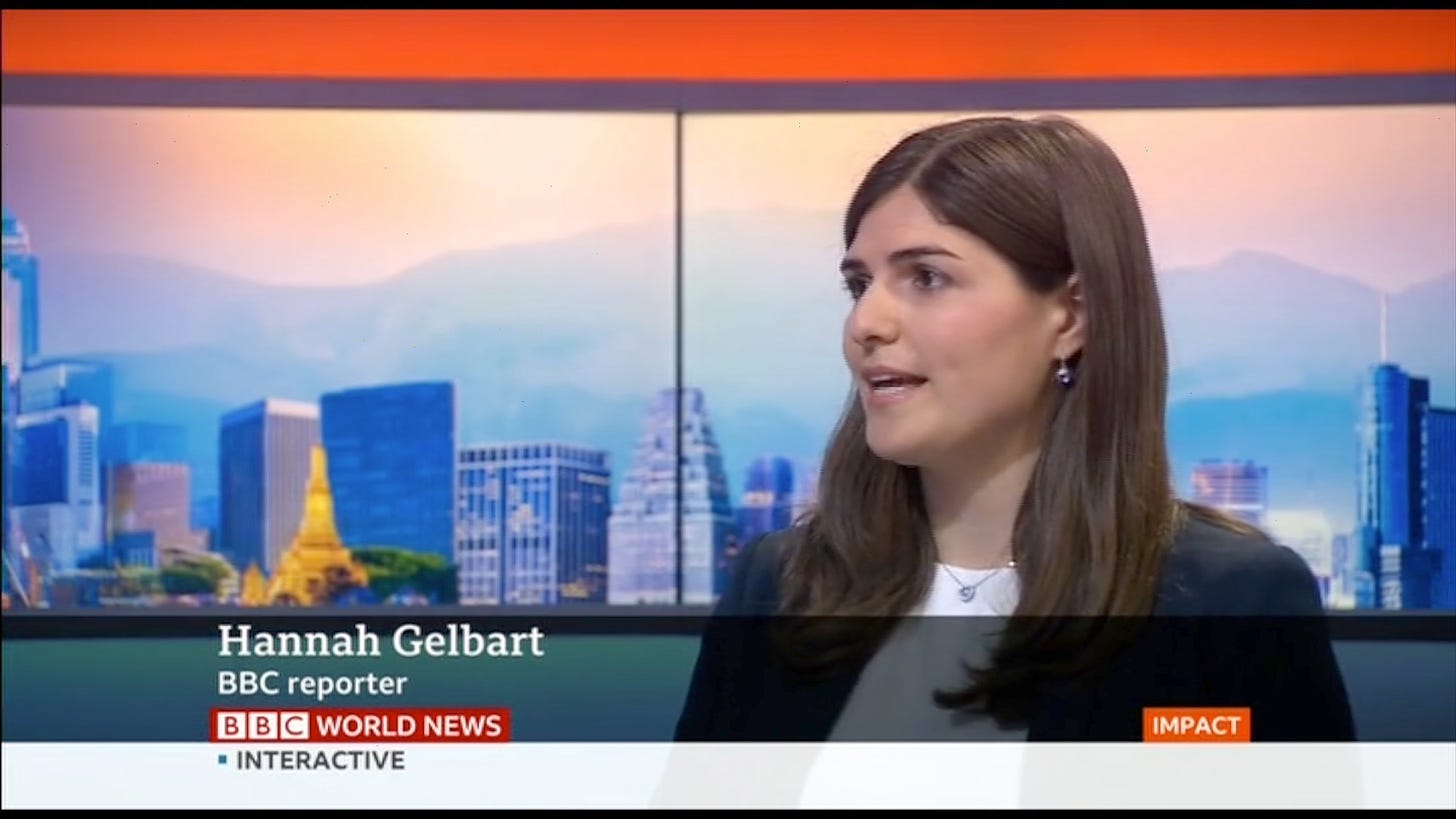
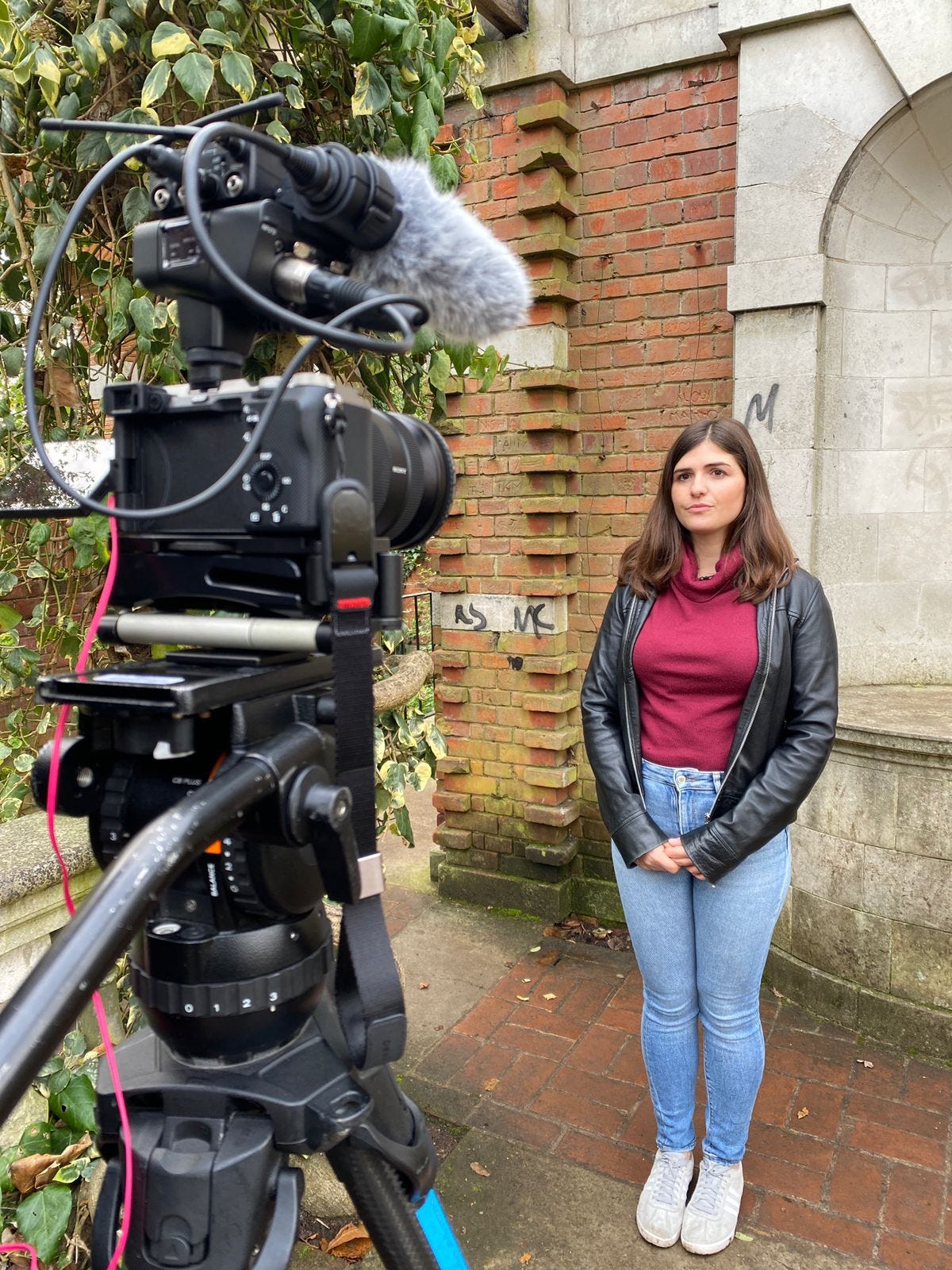
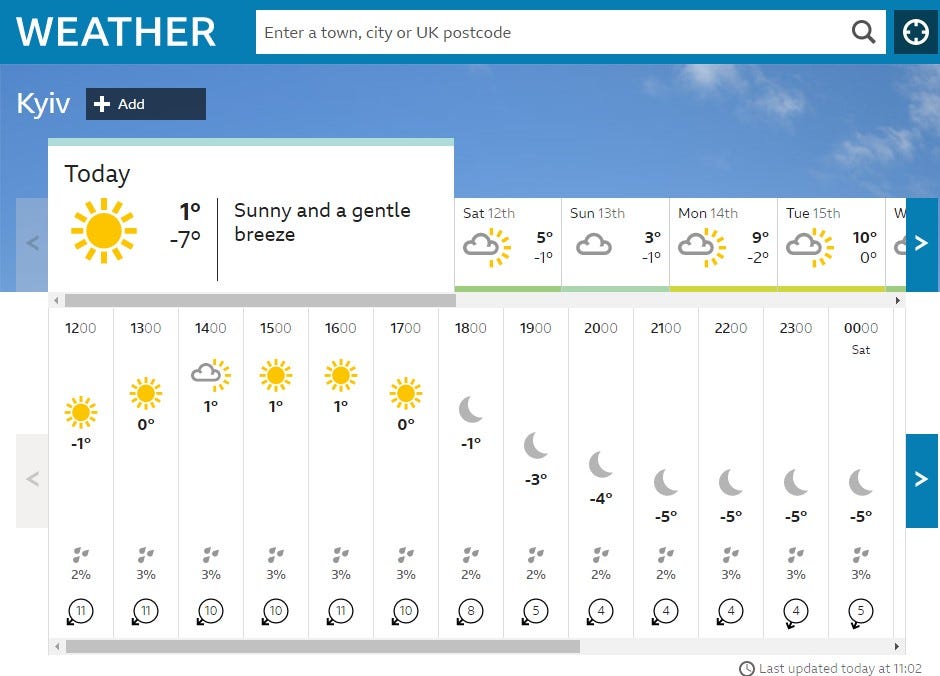
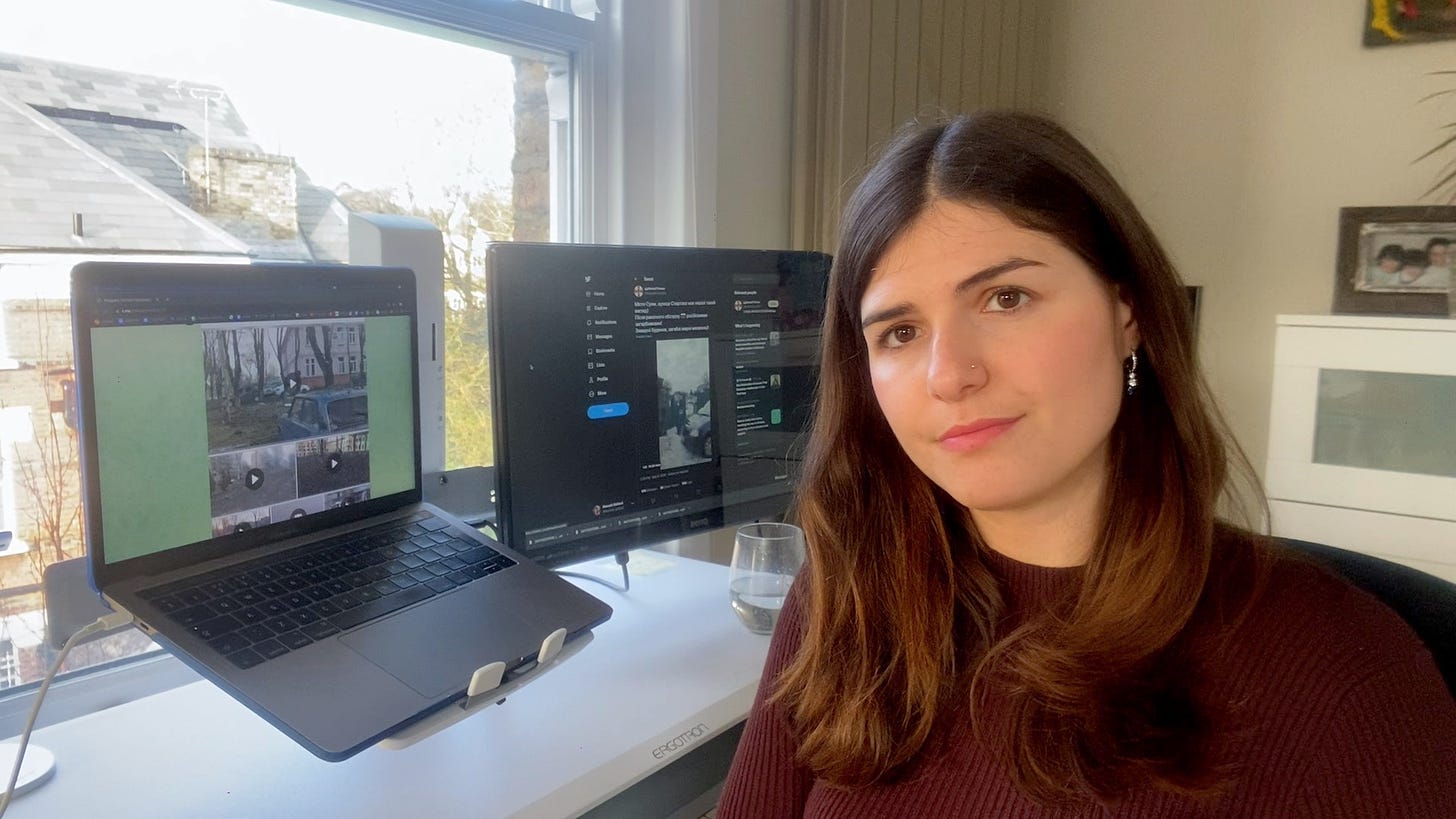
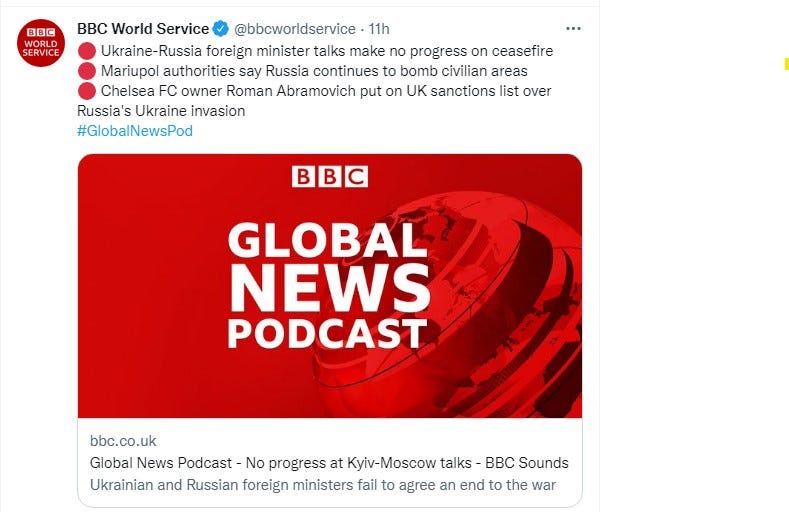
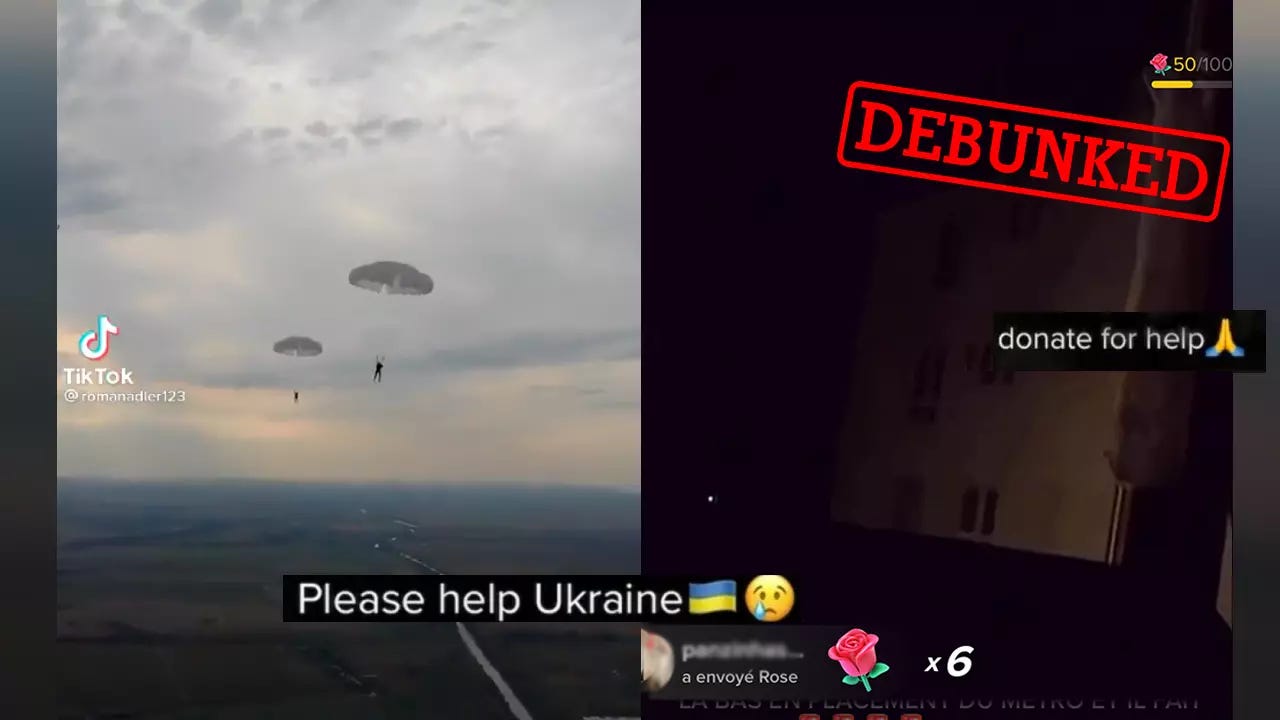
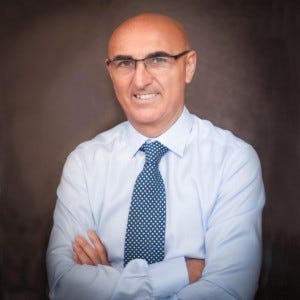








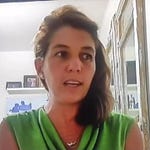
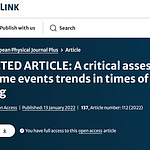
The BBC, Social Media and the War in Ukraine, with Hannah Gelbart - Podcast in English